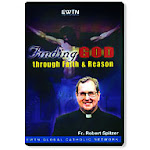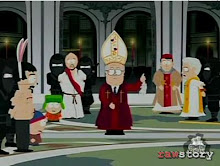July 14, 2010.
The new Vatican rules against sex abuse are a set of processes and sanctions exclusively internal to the Church. The rules are not intended to replace state laws, which the Vatican has ordered to respect as well.
Accused priests must undergo two processes: one canonical, or internal to the Church, and another with the state, where laws dictate.
The Church will now proceed internally against an accused priest up to 20 years after the victim's 18th birthday; the previous statute was 10 years after the victim turned 18. The statute for criminal law varies, but the Church can still sanction an accused priest even after the civil period has passed. In severe cases the accused likely will be expelled from the priesthood.
The new norms are an update to the document about offenses against morality and the sacraments titled “De delictis gravioribus.” The majority of the new norms are converting prior provisions into law.
These are not the only changes. Possession of child pornography, abuse of mentally disabled adults and the recording of confessions using new technologies are all now considered “serious offenses.”
Internal sanctions against accused priests can range from a ban on appearing in public as a priest or celebrating Mass to expulsion from the priesthood in serious cases. The Vatican insists that the penalties for these crimes are internal and will not interfere or replace state sanctions.
Another important change now makes the Congregation for the Doctrine of the Faith responsible for trying cardinals, patriarchs and bishops.









No comments:
Post a Comment